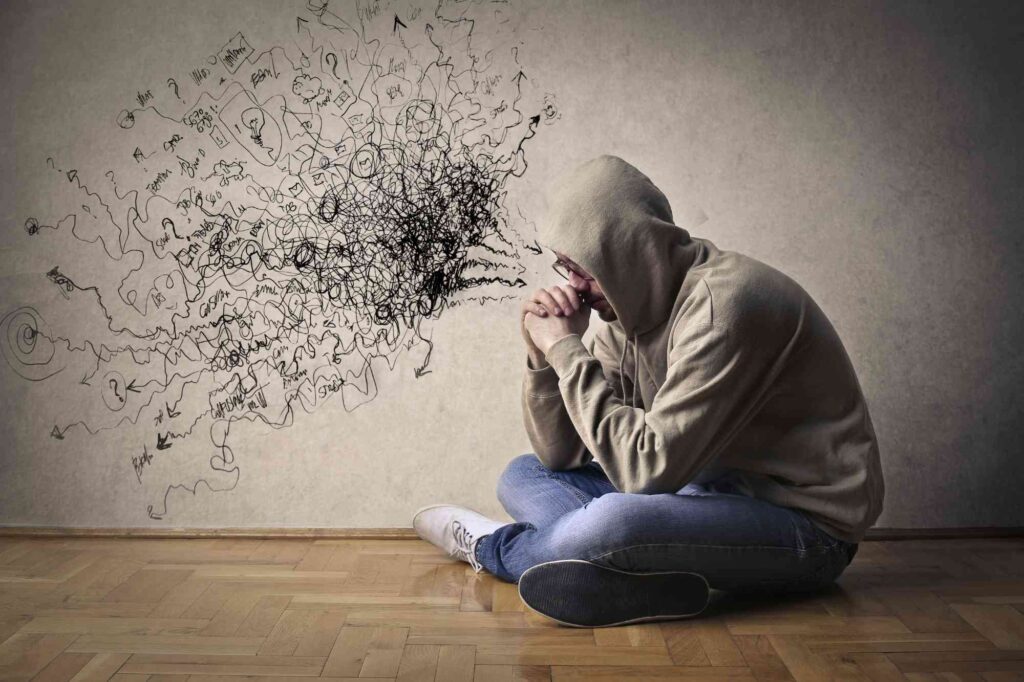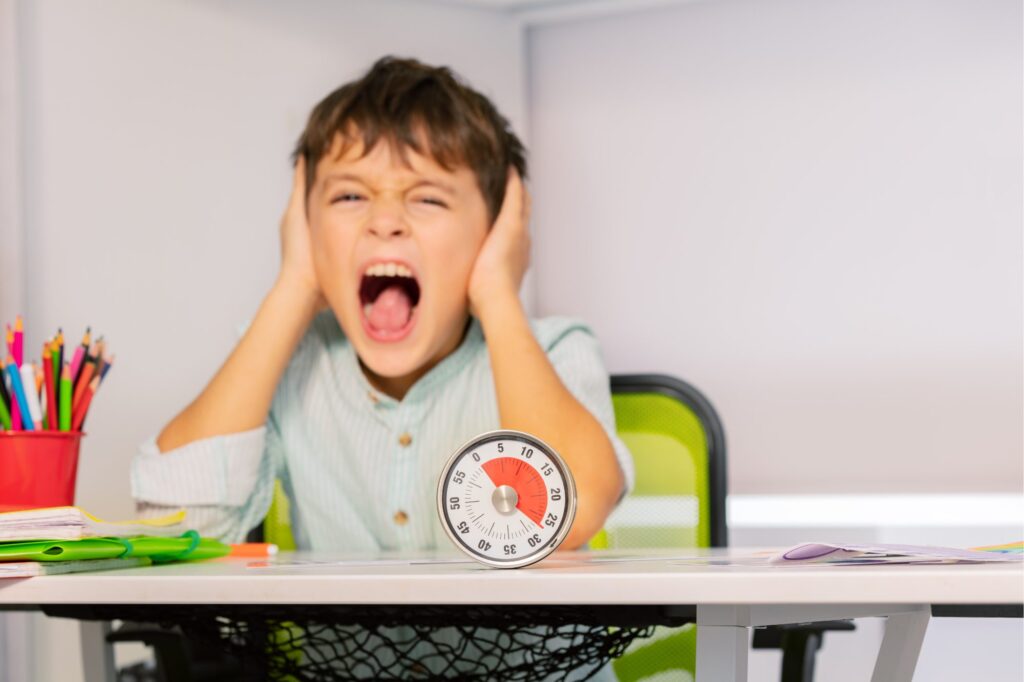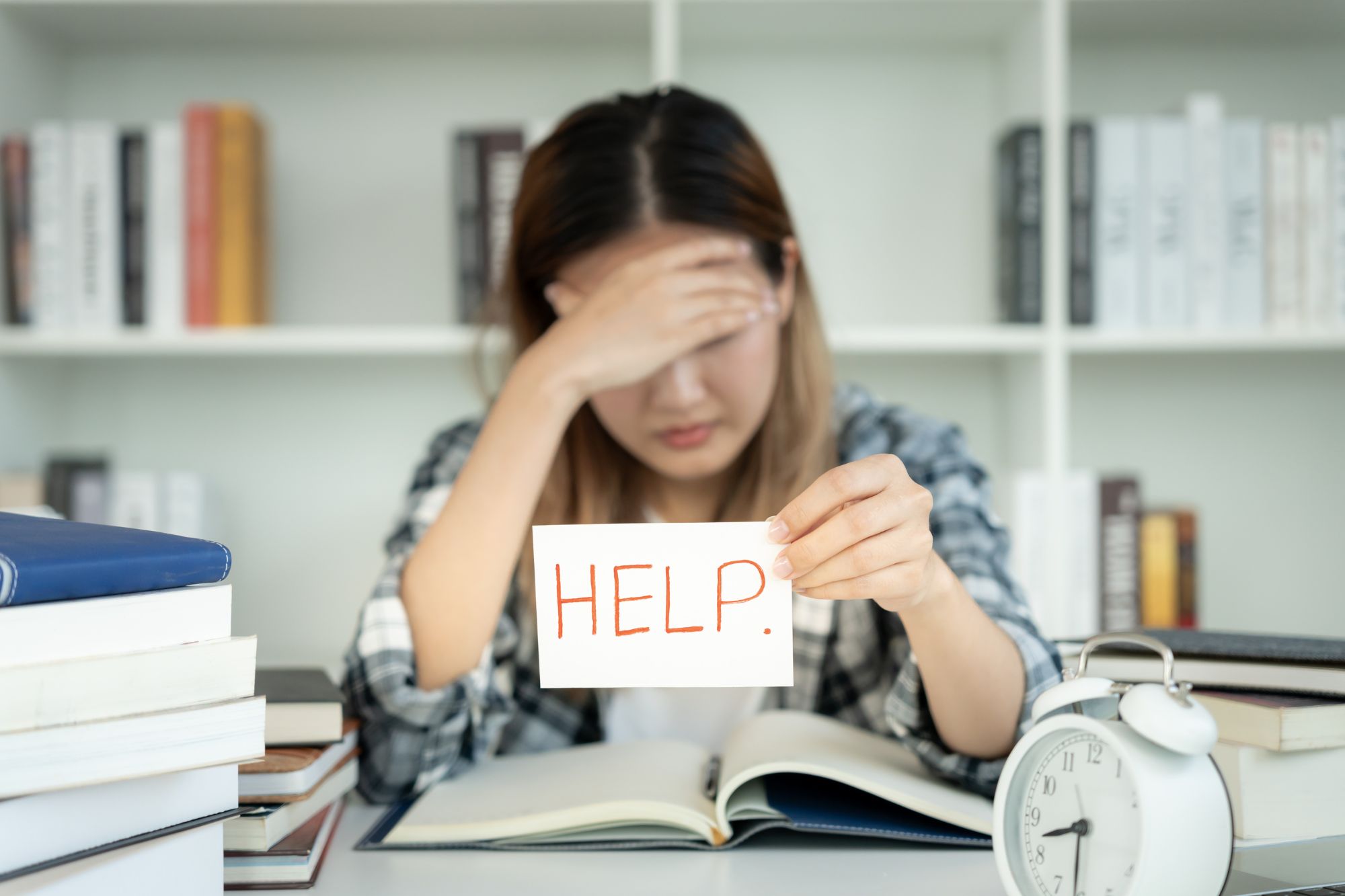Can ABA therapy help with anxiety?
ABA Therapy for anxiety is here to stay. Anxiety is a natural emotional response to stress or danger; we all experience this type of emotion from time to time. But if it becomes excessive or interferes with daily life, it may be considered an anxiety disorder.
ABA therapy is based on the principles of operant learning. Which states that the consequences of a behavior influence the likelihood that it will be repeated. In the context of anxiety, ABA therapy can be used to teach people to identify their anxiety triggers, develop effective coping mechanisms, and reduce avoidant behaviors.
Behavioral therapy can help with anxiety
If you experience symptoms of anxiety, such as restlessness, nervousness or difficulty concentrating, it’s important to seek help. So, do you know what behavioral therapy is?
Behavioral therapy (BT) is a type of therapy that focuses on changing negative thoughts and behaviors to positive thoughts, of course; as they are interconnected.

Managing Anxiety and Emotions with ABA
ABA therapy for anxiety is usually handled as follows:
- Assessment: An ABA therapist will conduct a comprehensive assessment to understand the individual’s anxiety history, triggers, and current behaviors.
- Treatment plan: after the evaluation, the therapist will develop a specialized and individualized treatment plan. That will include specific goals and strategies to achieve them in the short or medium term, depending on the symptoms.
- Implementation of the treatment plan: The therapist will work with the individual to implement the treatment plan. Which may involve direct teaching, modeling, behavioral rehearsal and positive reinforcement.
- Monitoring and progress: Progress will be monitored regularly and the treatment plan will be adjusted as needed.
Specific ABA techniques that can be used to treat anxiety include:
- Systematic desensitization: This technique involves gradually exposing the individual to his or her anxiety triggers in a safe and controlled environment. As the individual becomes accustomed to his or her triggers, the anxiety associated with them decreases.
- Token economy: This approach uses a positive reinforcement system to reward the individual for desirable behaviors. Such as using effective coping mechanisms or avoiding avoidant behaviors.
- Relaxation training: This technique teaches the individual to relax his or her body and mind through breathing exercises, meditation or yoga.
What types of behavioral therapy are helpful for anxiety?
There are two main types of BT that are generally used to treat anxiety:
Cognitive-behavioral therapy (CBT): helps people identify and change the negative thoughts and behaviors that contribute to their anxiety. CBT can be used in conjunction with ABA therapy for a more comprehensive treatment; it is the most common type of CT.
Acceptance and Commitment Therapy (ACT): focuses on accepting thoughts and feelings, rather than trying to change them. It also teaches the individual to commit to actions that are important to him or her, even if they cause anxiety.
Regardless of which behavioral therapy you choose, it is usually short-term. BT is an effective therapy for anxiety, and can help you live a fuller, more meaningful life.

Evidence supporting ABA therapy for this type of disorder
A number of studies have been conducted on the subject around the world over the years. And one example is what the Cochrane International Network (based in the UK) says about anxiety in children and young adults with cognitive-behavioral therapy treatment.
They found that the therapy was significantly more effective than no other treatment or other placebo treatments. This to reduce anxiety symptoms in children and adults.
Another study is from the National Center for Biotechnology Information. Found that ABA therapy was effective in treating a variety of anxiety disorders, including generalized anxiety disorder, panic disorder and social anxiety disorder.
ABA therapy can be a valuable tool to help people with anxiety live more meaningful and fulfilling lives. If you are struggling with anxiety, talk to an ABA Therapy Professional or a qualified mental health professional; about whether this type of therapy may be right for you.
It is important to keep in mind that, this type of treatment is not a panacea and may not be appropriate for everyone.
Additional tips for coping with anxiety
In addition to behavioral therapy, there are other things you can do to deal with anxiety, such as:
- Exercise regularly: it can help reduce anxiety symptoms.
- Get enough sleep: lack of sleep can make anxiety worse.
- Avoid caffeine and alcohol: they can make symptoms worse.
- Practice relaxation techniques: deep breathing or yoga, can help reduce stress and anxiety. You can start with meditation.
- It is important to seek help: if you feel or think you are experiencing anxiety, do not be ashamed. CT is an effective therapy that can help you live a fuller and more meaningful life; mental health has become more important today.






